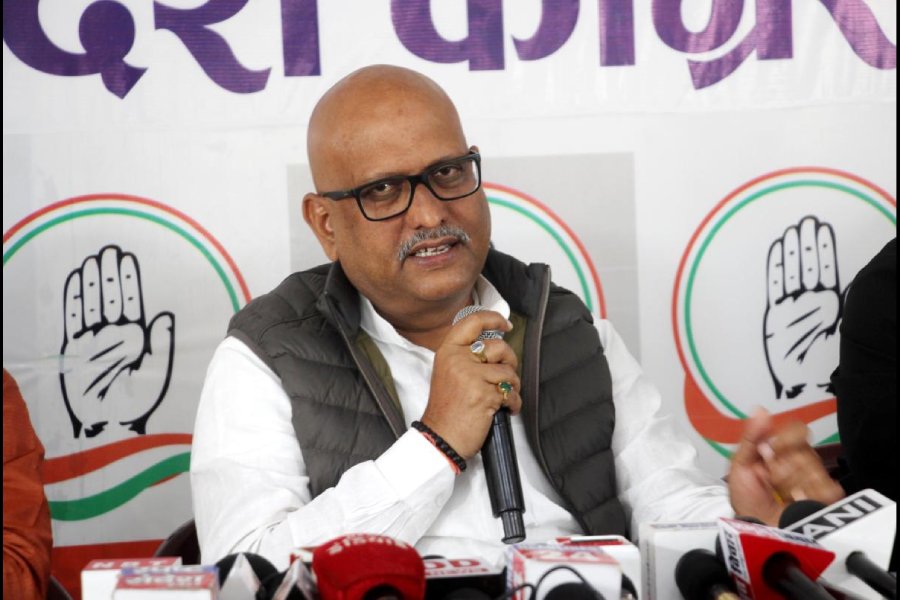Designing an effective health insurance plan, like life insurance, is crucial in today’s rapidly moving era, where health concerns are on the rise, and medical expenses are skyrocketing. In India, where the healthcare system is a mix of public and private sectors, having a solid health insurance plan is not just beneficial; it is essential. Health insurance acts as a safety net, allowing you and your family to receive the greatest medical treatment without worrying about the cost. It is not enough to have any health insurance plan; it must be comprehensive, adaptable, and suited to your specific needs, covering everything from hospitalisation to severe disease. Understanding how to create such a strategy is critical for all individuals.
Reasons for obtaining health insurance plans
Ø Protecting savings
A single medical incident might deplete your funds, jeopardising your financial objectives and stability. Health insurance functions as a financial cushion, preventing your savings and assets from being used for medical bills.
Ø Comprehensive coverage
Beyond hospitalisation, health insurance policies today provide complete coverage that includes pre- and post-hospitalization bills, ambulance fees, and even alternative treatment techniques, guaranteeing a holistic approach to your health and financial well-being.
Ø Rising medical costs
The primary reason to avail a health insurance plan is the escalating cost of medical treatments. With inflation in healthcare outpacing general inflation significantly, what seems affordable today might become a financial burden tomorrow. Health insurance ensures that medical inflation does not disrupt your savings or financial plans.
Ø Access to quality healthcare
Health insurance plans often come with a network of hospitals that provide cashless treatment, ensuring you have access to quality healthcare facilities without worrying about immediate payments during emergencies.
Ø Tax benefits
Health insurance premiums qualify for tax deductions under Section 80D, providing financial incentives to policyholders and encouraging a culture of insurance.
How to design an effective health insurance policy?
Ø Adequate coverage amount
The sum insured should be enough to cover medical costs in your city, especially considering the higher charges in private hospitals. Take into account medical inflation, which could make today's adequate coverage insufficient tomorrow. Research the cost of major surgeries and treatments to gauge what coverage would be sufficient for your needs.
Ø Assess your healthcare needs
Start by evaluating your and your family's health status, considering any pre-existing conditions, potential hereditary health risks, and lifestyle-related concerns such as stress, diet, and physical activity levels. This assessment helps identify the types of coverage you might need, such as specific treatments, medications, or support services, ensuring your health insurance plan is aligned with your health profile.
Ø Room rent limit
Hospital room rent can significantly affect the overall cost of hospitalisation. Some insurance plans cap the room rent, which can limit your hospital room choices and potentially lead to additional out-of-pocket expenses for charges exceeding the cap. Opting for a plan with no room rent limit or a high ceiling can prevent these issues and ensure access to comfortable hospital accommodations without worrying about extra charges.
Ø Critical illness cover
Treatments for critical illnesses like cancer or heart disease can be prohibitively expensive. A dedicated critical illness cover provides a lump sum upon diagnosis of specified illnesses, which can be used for treatment, recuperation aids, or even to offset the loss of income during the treatment period. This cover is crucial for comprehensive protection against severe health issues.
Ø Network hospitals
A broad network of hospitals ensures that you have access to numerous healthcare facilities for cashless treatment, crucial during emergencies. Check if the insurance provider has reputed hospitals in its network, especially those near your home or office. This accessibility is vital for prompt medical attention in emergencies.
Ø Renewability
Opt for a health insurance policy that offers lifetime renewability to avoid the risk of being uninsured in older age, when health issues are more likely to arise. Lifetime renewability ensures that you're covered continuously without the risk of your policy being declined due to age or health conditions that develop later in life.
Ø Co-pay and deductibles
Co-pay is the percentage of the claim amount you agree to pay out of pocket, while a deductible is a fixed amount you pay before your insurance begins to pay. Lower co-pay percentages and reasonable deductibles can reduce your financial burden during a claim. Understand these terms and choose a plan that balances affordable premiums and out-of-pocket expenses.
Ø Claim process
A straightforward and efficient claim process minimises stress and delays in receiving benefits. Insurers with a high claim settlement ratio and positive reviews for handling claims should be preferred to ensure that you and your family face minimal hassle at critical times.
Ø Maternity and newborn coverage
If starting or expanding your family is in your plans, look for a policy that covers maternity and newborn care expenses. These covers can significantly reduce the financial burden of childbirth and postnatal care, covering everything from delivery costs to vaccination and check-ups for the newborn.
Ø Pre and post hospitalisation
Coverage for medical expenses incurred before and after hospitalisation (such as diagnostic tests, follow-up visits, and medication) is essential for comprehensive care. Look for plans that offer an extensive duration for both, to ensure all related expenses are covered.
Ø Waiting period
Most health insurance plans have a waiting period for pre-existing conditions and certain treatments. Opt for a plan with a shorter waiting period to ensure that you're covered sooner rather than later, especially for any known health issues.
Ø Daycare procedures
With medical advancements, procedures that once required an overnight stay can now be completed in less than 24 hours. Ensure your policy covers such daycare procedures, allowing you to benefit from the latest treatments without worrying about coverage limitations.
Ø Wellness benefits
Some insurers reward healthy lifestyle choices with premium discounts, wellness services, or health monitoring benefits. These incentives can motivate you to maintain a healthy lifestyle while providing financial benefits.
Ø Alternative treatments
Interest in alternative medicine is growing; if this resonates with you, seek out insurance plans that cover AYUSH treatments. This inclusion ensures you have the freedom to choose your preferred treatment modality without financial constraints.
Ø Portability
Portability is the potential to move insurance without losing any benefits acquired under the existing cover. It assures you are not stuck with an insurer who is substandard and addresses the need for better coverage.
Ø Periodical reviews
Childbirth and retirement are all instances of life changes that may impact your health insurance needs. Periodically evaluating and updating your insurance ensures it remains relevant to your existing lifestyle and health scenario, offering apt cover at distinct time frames.
Final thoughts
Creating an efficient health plan is not just simple work, it is a crucial move towards safeguarding your and your family’s financial future and health. Beginning early as soon as you begin earning funds, not only offers you the advantage of lowered premiums but it even guarantees you have the crucial cover when you require it. It is about investing in mental peace, knowing that you are ready for any health-linked challenges life throws at you.
Disclaimer: This is a sponsored article and does not involve any editorial input. The views expressed, including any statements, views, opinions, announcements, declarations, or affirmations are neither supported, nor endorsed by The Telegraph Online.










